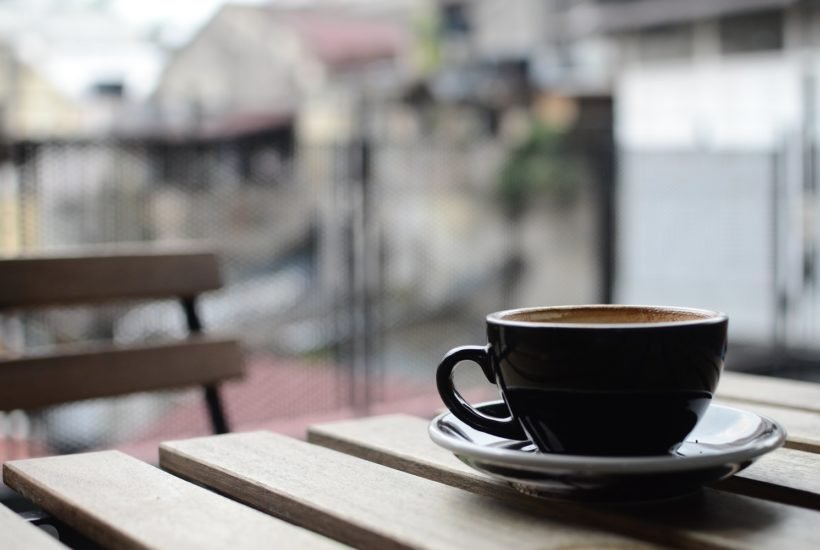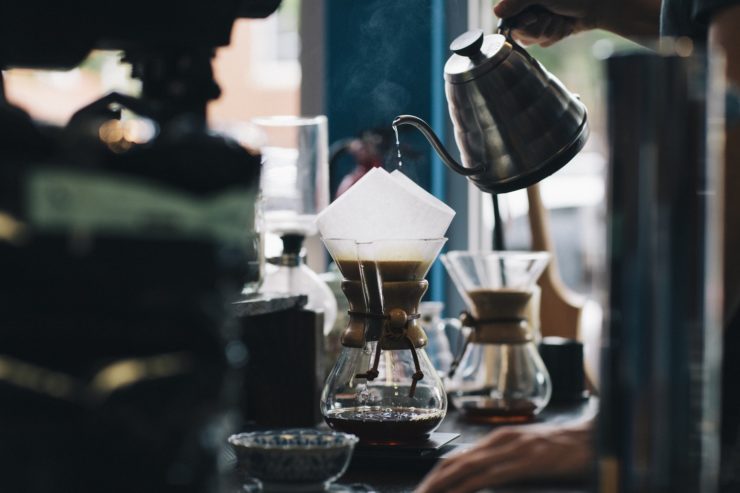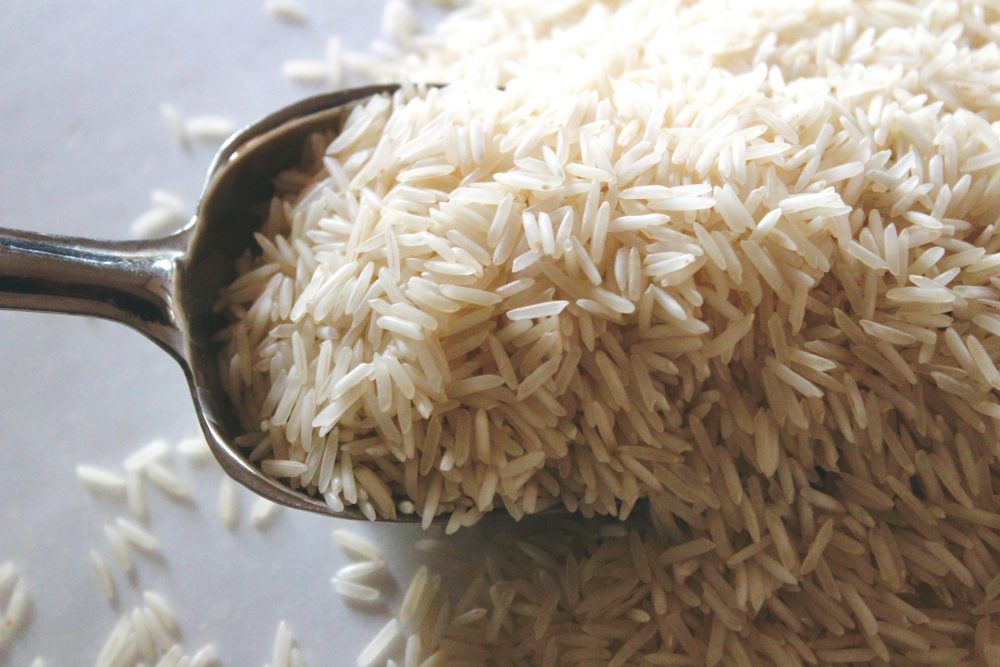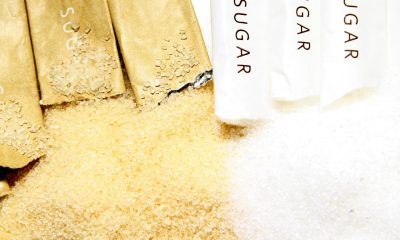Business
Why is hotel coffee so awful?
Hotel coffee can be your worst nightmare when you travel. Still, you can find a good cup of coffee if you know where to look.

When it comes to hotel coffee, maybe it’s time to wake up and smell it.
Something smells, alright.
Blame cheap, substandard coffee makers, low-quality coffee and sloppy housekeeping for an epidemic of bad hotel brew. But you can find a decent cup of joe on your next trip if you know where to look.
How important is hotel coffee? Very important, according to a survey by Le Méridien Hotels & Resorts, which found that as far as wake-up calls go, a decent cup of brew is better than sex.
While some hotel coffee is great – even award-winning – a lot of it isn’t. Coffee makers are prone to breaking, leaking, and malfunctioning. Fortunately, I have a few survival tips from hotel-coffee connoisseurs.
By the way, good hotel coffee isn’t an oxymoron. At the Four Seasons Resort Hualālai on Hawaii’s Big Island, you’ll find a resident coffee expert who can help you choose between local coffee grown and freshly roasted by Big Island Coffee Roasters or Paradise Coffee Roasters. Or if you like your java a little stronger, you could check out a joint like Ninth Street Espresso at New York’s Lombardy Hotel.
Many hotel rooms feature a selection of mediocre coffees and a coffee maker that’s difficult to use and only makes a beverage one tiny cup at a time.
Why hotel coffee is usually bad
But let’s face it: Normally hotel coffee is an unceremonious DIY affair, brewed in the early morning hours in the dark. So much can go wrong. So much does.
Heather Turner remembers a coffee machine connected directly to a water line, so it never needed refilling.
“I had gone into the bathroom for a minute to keep packing, and when I came out there was a small flood on the floor,” says Turner, who owns a marketing firm in Enfield, Connecticut. “The only way to shut it off was to unplug the machine.”
James Baussmann, who works for a technology company in Bedford, Massachusetts, says he’s afraid to use the coffee maker in his room.
“When I go to make a coffee in the hotel room, I’m turned off by all the dust or grime that has collected on the coffee maker,” he says. “It makes me wonder how safe it is to use and I usually pass it up and get a coffee down the street at a coffee store.”
My opinion? Not that safe. A study of hotel coffee makers by the University of Valencia revealed the existence of “a varied bacterial community” in all of the machines sampled. The pathogens included those linked to illnesses such as urinary tract infections and pneumonia.
Hotel guests ignore coffee makers
Maybe that’s why some hotel guests ignore the coffee makers.
“I never use them,” says Colleen Neurohr, an administrative assistant from Buffalo, New York. “Nine times out of 10 they’re located in the bathroom. Yuck! Who would want to use that?”
Then again, maybe they pretend the coffee makers don’t exist because the coffee itself is beyond awful. The product tastes stale and watered-down, unfit to fertilize your gardenias.
My coffee maker complaint is that it discriminates against tea drinkers like me. It’s usually the only source of hot water, but every cup of tea I make with it has a faint coffee aftertaste. Yes, some hotels offer water heaters so you can make a decent cup of tea. And yes, the coffee systems like Keurig that use pods to make your beverage can make a terrific cup of tea. But generally, for tea drinkers, it’s a wasteland out there.
The fix? You can buy a better cup of coffee downstairs in the lobby (hello, Starbucks) or you can bring your own coffee maker. That’s what Turner — the one with the flooded espresso machine — does now. For a few years, before I switched to tea, I traveled with a French press and ground my own beans.
Hey, if you’re serious about coffee, don’t take any chances.

Tips for a better cup of in-room hotel coffee
• Rinse and run: Always rinse your coffee maker thoroughly and run it once without any coffee; that will clear out any residual coffee or other debris. (Readers have reported finding insects in their hotel coffee makers.)
• Consider bringing your own beans: You can overcome even a substandard coffee machine with terrific grounds. If you bring your own beans and grind them, you might get a survivable cup of brew. Maybe.
• Call room service: If you find a coffee maker that doesn’t meet your standards, consider ordering coffee through room service or buying one in the lobby. Or try an app like Bean Hunter, which hosts an online community of coffee lovers, to find a place that serves a better cup of joe.
—
DISCLAIMER: This article expresses my own ideas and opinions. Any information I have shared are from sources that I believe to be reliable and accurate. I did not receive any financial compensation for writing this post, nor do I own any shares in any company I’ve mentioned. I encourage any reader to do their own diligent research first before making any investment decisions.

-

 Impact Investing1 week ago
Impact Investing1 week agoVernazza Autogru Secures €5M Green Loan to Drive Sustainable Innovation in Heavy Transport
-

 Markets4 days ago
Markets4 days agoRice Market Slips Amid USDA Revisions and Quality Concerns
-

 Business2 weeks ago
Business2 weeks agoLegal Process for Dividing Real Estate Inheritance
-

 Fintech13 hours ago
Fintech13 hours agoJPMorgan’s Data Fees Shake Fintech: PayPal Takes a Hit
























